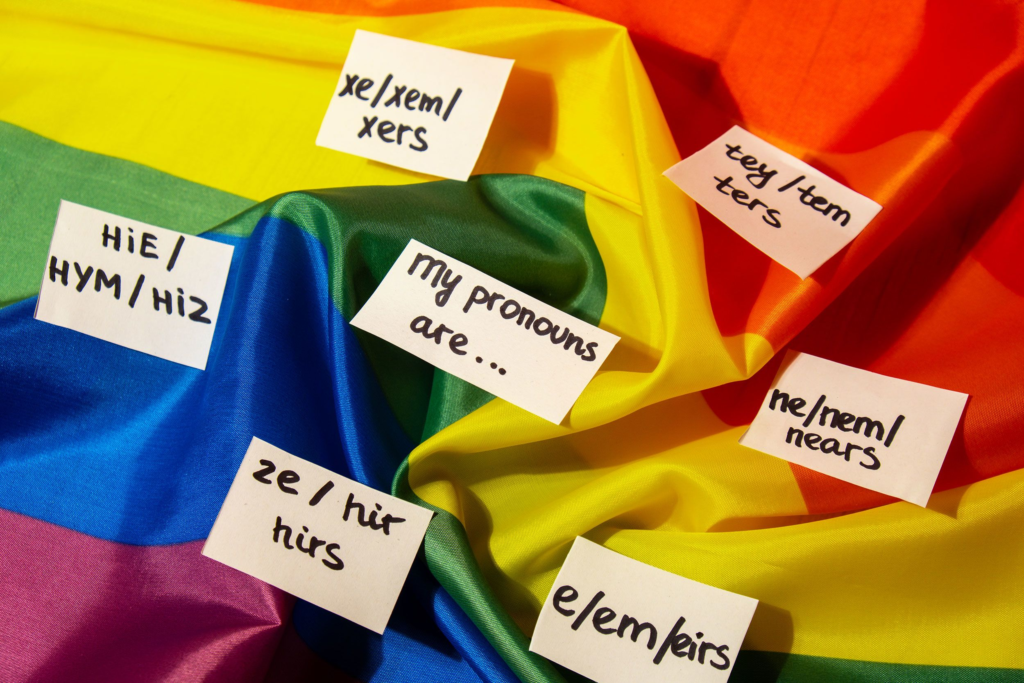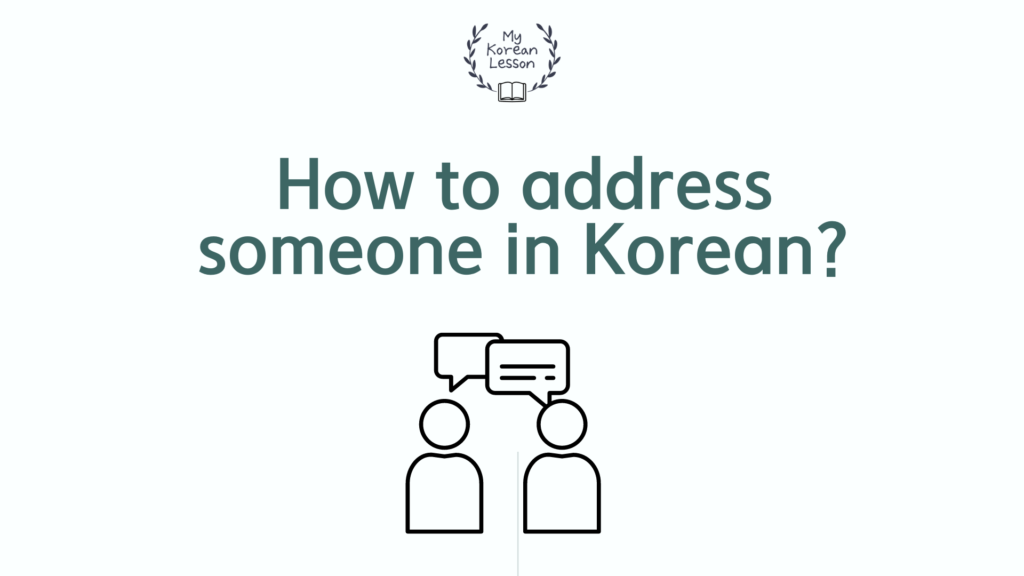Table of Contents
“You in Korean” is not as simple as in English. The word changes based on who you are talking to. The two common ways are 너 (neo) for informal talk and 당신 (dangsin) for formal talk. But in real life, Koreans often avoid saying “you” directly.
Instead of “you,” Koreans prefer using names, job titles, or relationship words. This is because respect is very important in Korean culture. Using the wrong word can sound rude or strange. Let’s learn the right way to say “you in Korean” and how to use it properly!
Is There a Word for “You in Korean”?
Yes, there are words for “you in Korean,” but they are not used the same way as in English. The most common informal word is 너 (neo), and the formal one is 당신 (dangsin). However, Koreans often avoid using these words in daily conversations.
Instead of saying “you,” Koreans prefer to call people by their name, title, or relationship. This is because Korean culture values respect and politeness. Using the wrong word can sound rude or even aggressive.
It is important to know when and how to use these words correctly. Learning the right way will help you sound more natural and polite when speaking in Korean.
How to Say “You in Korean” in Different Ways
There are several ways to say “you in Korean,” depending on the situation. Some words are used in casual conversations, while others are better for formal settings.
Common ways to say “you”
- 너 (neo) – Informal, used with friends and younger people
- 당신 (dangsin) – Formal but rarely used, often in written language
- 그대 (geudae) – Poetic and found in songs or literature
- 자네 (jane) – Used by older people when talking to younger ones
Each word has a specific meaning and use. Choosing the right one will help you avoid misunderstandings and sound more natural.
The Meaning of 너 (neo) and When to Use It

The word 너 (neo) is the most common way to say “you” in casual speech. It is used when talking to close friends, younger siblings, or people of the same age.
For example, if you are asking a friend what they are doing, you can say:
너 뭐 해? (neo mwo hae?) – “What are you doing?”
But be careful! Using 너 (neo) with strangers, older people, or in formal settings can sound very rude. In those cases, it is better to avoid using “you” altogether.
당신 (dangsin) – A Formal Word That Can Be Tricky
The word 당신 (dangsin) is a formal way to say “you in Korean,” but it is not commonly used in real life. It can sound confrontational or distant if used incorrectly.
In written language, such as books or news articles, 당신 (dangsin) is sometimes used. However, in spoken Korean, it is mainly used:
- Between married couples in romantic speech
- In advertisements or instructions to address people politely
- When expressing strong emotions, like in arguments
Since it can sound unnatural in daily speech, Koreans prefer other ways to address people instead of using 당신 (dangsin).
Why Koreans Avoid Saying “You” in Conversations
In Korean culture, respect is very important. This is why Koreans do not often say “you” directly in conversations. Instead, they use:
- The person’s name with the correct honorific
- Job titles like “teacher” or “manager”
- Family terms like “older brother” or “aunt”
For example, instead of saying, “You are kind,” a Korean speaker might say, “Teacher is kind” if talking to their teacher.
This polite way of speaking helps avoid misunderstandings and show respect.
Better Ways to Say “You in Korean” Without Sounding Rude

Instead of using 너 (neo) or 당신 (dangsin), Koreans prefer to speak more politely. Here are some better ways to address someone:
- Use their name with 씨 (ssi) for politeness
- Use a job title like 선생님 (seonsaengnim) for teachers
- Use relationship terms like 오빠 (oppa) or 언니 (eonni) for older siblings
These ways sound more natural and respectful in daily conversations.
Using Names and Titles Instead of “You”
Koreans use names, titles, and family terms to address people instead of saying “you.” This is especially important in workplaces, schools, and formal situations.
For example, instead of saying:
🚫 “You are late!”
✅ “Manager, you are late!” (부장님, 늦으셨어요!)
By using the right title or name, you can show respect and avoid sounding rude.
Common Mistakes When Saying “You in Korean”
Many Korean learners make mistakes when using “you.” Here are some common errors and how to fix them:
Mistake 1: Using 너 (neo) in formal settings
🚫 “너 언제 올 거야?” (Used at work)
✅ “팀장님, 언제 오실 거예요?” (More polite)
Mistake 2: Overusing 당신 (dangsin) in conversations
🚫 “당신은 어디에서 왔어요?”
✅ “어디에서 오셨나요?” (More natural)
Avoiding these mistakes will help you sound more fluent and respectful.
Other Words for “You in Korean” – Are They Useful?
Besides 너 (neo) and 당신 (dangsin), there are some other words for “you” in Korean. However, they are not very common.
- 그대 (geudae) – Used in poetry and romantic songs
- 자네 (jane) – Used by older people for younger ones
- 너희 (neohui) – Plural form of 너 (neo), meaning “you all”
While these words exist, they are not used in daily conversations. Learning how to avoid “you” and use names or titles is more important.
How to Sound More Natural When Speaking Korean

To sound natural and polite, follow these simple tips:
- Avoid using “you” whenever possible
- Use names, job titles, or family terms
- Listen to native speakers and practice speaking politely
By using these methods, you can speak Korean more naturally and confidently!
Conclusion
Learning how to say “you in Korean” is very important, but knowing when not to say it is even more important. Koreans do not use “you” often in daily conversations. Instead, they call people by their name, title, or family role to show respect and politeness. Using the wrong word can sound rude, so it is good to learn the right way!
The best way to sound natural in Korean is to listen to native speakers and practice using names or titles instead of “you.” If you are not sure what to say, it is safer to avoid using “you” at all. Keep practicing, and soon, you will speak Korean more fluently and politely! 😊
FAQs
Q: What is the most common word for “you” in Korean?
A: The most common word is 너 (neo), but it is only used with close friends or younger people.
Q: Is it okay to use “당신 (dangsin)” when talking to strangers?
A: No, 당신 (dangsin) can sound rude or aggressive in conversations. It is better to use names or titles instead.
Q: How do I say “you” politely in Korean?
A: Instead of saying “you,” use the person’s name, job title, or a family term like “teacher” or “older sister.”
Q: Why do Koreans avoid saying “you” in daily speech?
A: Koreans avoid saying “you” because their culture values politeness and respect. Using names or titles sounds more natural and kind.
Q: What should I do if I don’t know someone’s name or title?
A: If you do not know their name or title, it is better to rephrase your sentence instead of using “you.” This will help you sound more polite.
